Keywords: Intercultural Communication, Intercultural Skills, Cross-cultural Teams, Workshop Design, Experience Design, Evocative Objects, Design for Conversations, Cultural Probes, Collaboration, Trust, Collaborative Teams
Advisors:
Paul Pangaro & Michael A. Mages
Awards:
Research & Creative Award 2020, College of Arts, Media & Design, Northeastern University
Outstanding Scholarship - Neurath Award 2020, Northeastern University
This project was accepted to:
The User Experience Professionals’ Association (UXPA) Conference 2020, Boston, MA.
The Design Research Society (DRS) Conference 2020, Brisbane, Australia.
Today’s workplace dynamic is rapidly changing due to globalization, technological advancements, among other factors... increasing workforce mobility. Thus, it is inevitable that diverse teams will be formed. Collaborative teams are often composed of people from different cultures and backgrounds. Therefore, understanding and embracing diversity is imperative to foster collaboration and trust in today’s workplace. Yet many teams fail in this endeavor due to a lack of openness and awareness towards their coworkers. Finding mechanisms to help individuals embrace differences in a comfortable way while developing intercultural skills is necessary.
This project seeks to create new strategies for productive co-working in cross-cultural teams. The purpose of this thesis is to expose and develop an understanding of the challenges faced on multicultural teams and to design a set of interventions, particularly through evocative objects, conversations, and workshops.
Designing for conversations is a way in which teams of diverse individuals can communicate effectively by building common ground and shared understanding. By assessing and examining these design interventions, this work seeks to expose how they promote awareness, reflection, and respect towards other cultures.
Exploring the Project
I investigated this matter by developing an understanding of the ways the design of experiential workshops and objects plays a role in raising awareness, openness and understanding in multicultural teams. Particularly, I wanted to learn how to better design for conversations to engage multicultural teams in playful activities that elicit reflection and awareness about cultural differences and commonalities, and how designing workshops could support diverse teams in building common ground through objects with an empathetic attitude. My approach utilized a new medium for eliciting intercultural conversations: the abstract representation of cultural objects incorporated into a workshop experience. I designed evocative objects to connect with memories as a medium to provoke intercultural conversations.
These objects were designed using probes, interviews, and ethnographic observation to discover people’s understanding of “culture”, particularly, cultural objects and their associations, which mainly related to objects, food, places, religion, people, activities, and memories. This thesis demonstrated that, ambiguous objects as abstractions and representations of culture, can be designed to build common ground within a multicultural group, facilitating intercultural conversations and intercultural understanding. Hence, the environment that was designed with these objects provided a context that improved intercultural interactions by encouraging team members to open up and to share personal and cultural stories in a playful and comfortable manner. By facilitating the sharing of personal stories, the workshop supports the foundational pillar for building trust in teams.
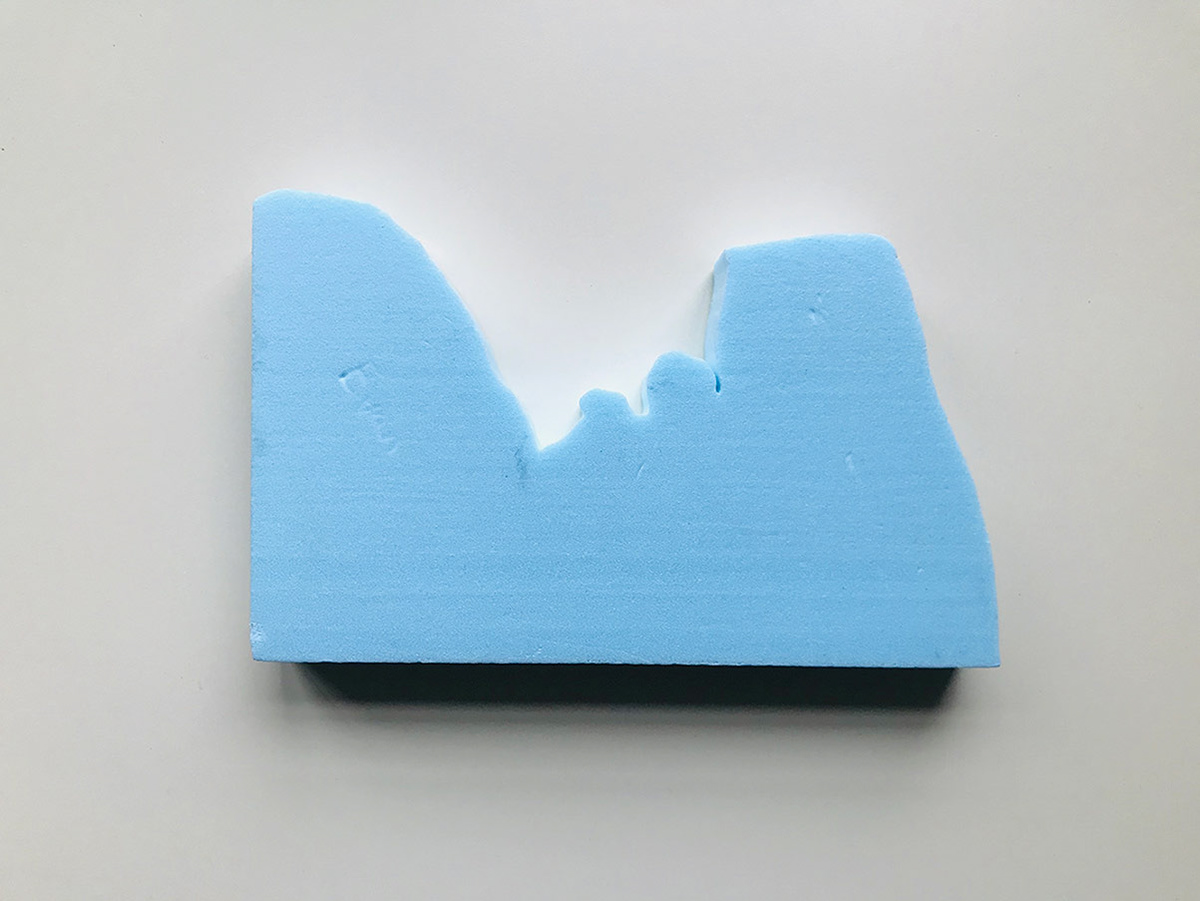

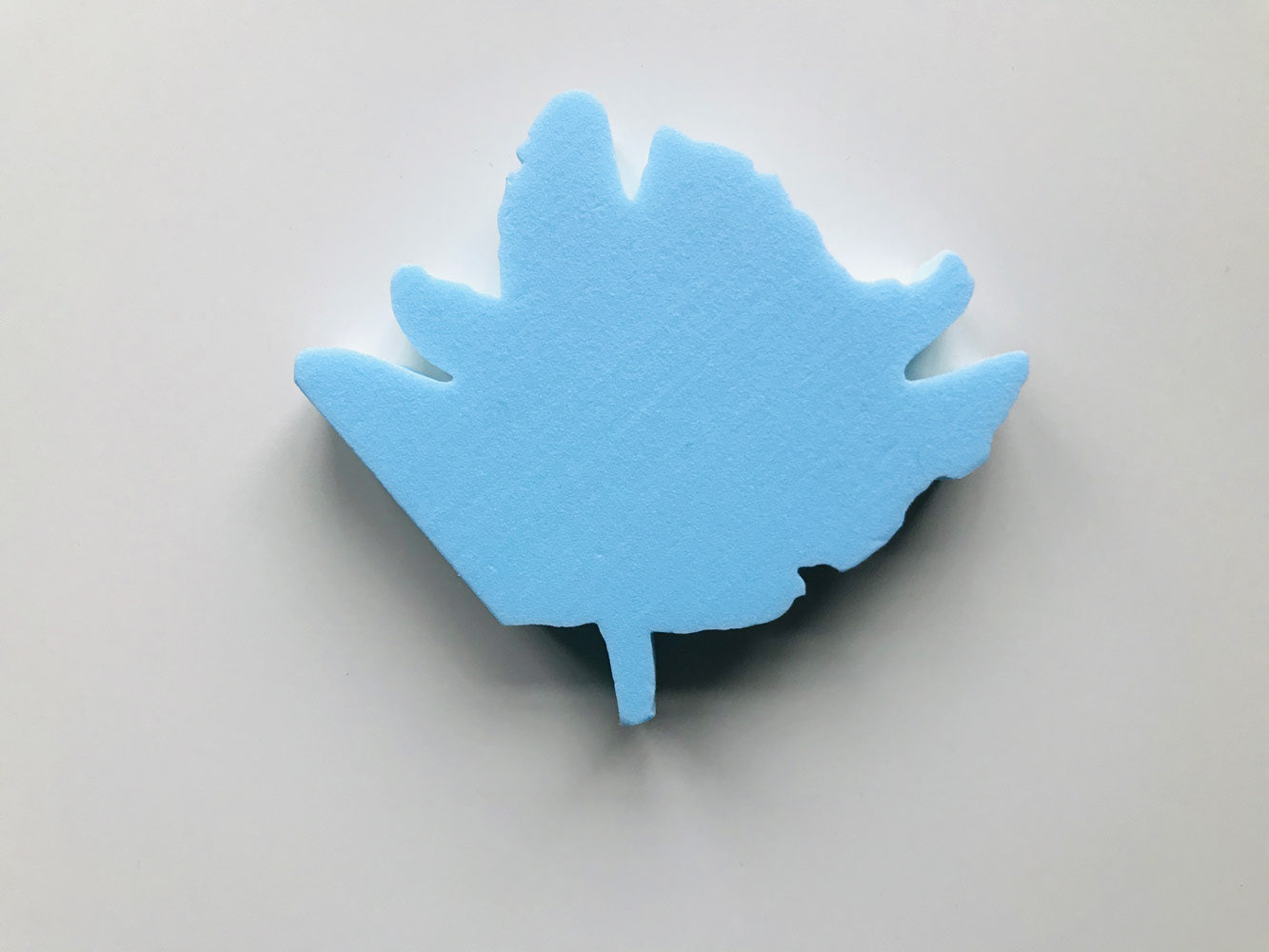
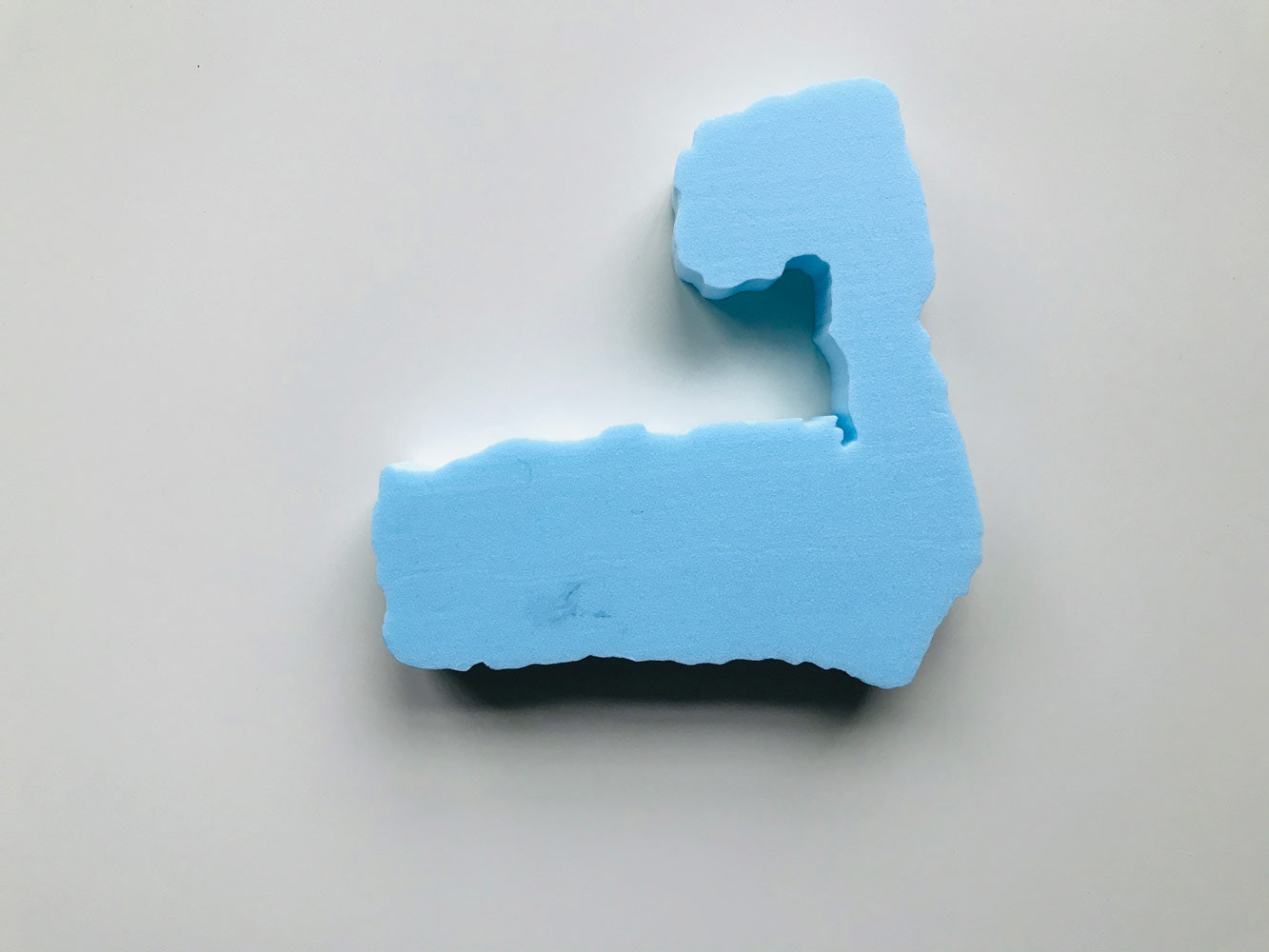
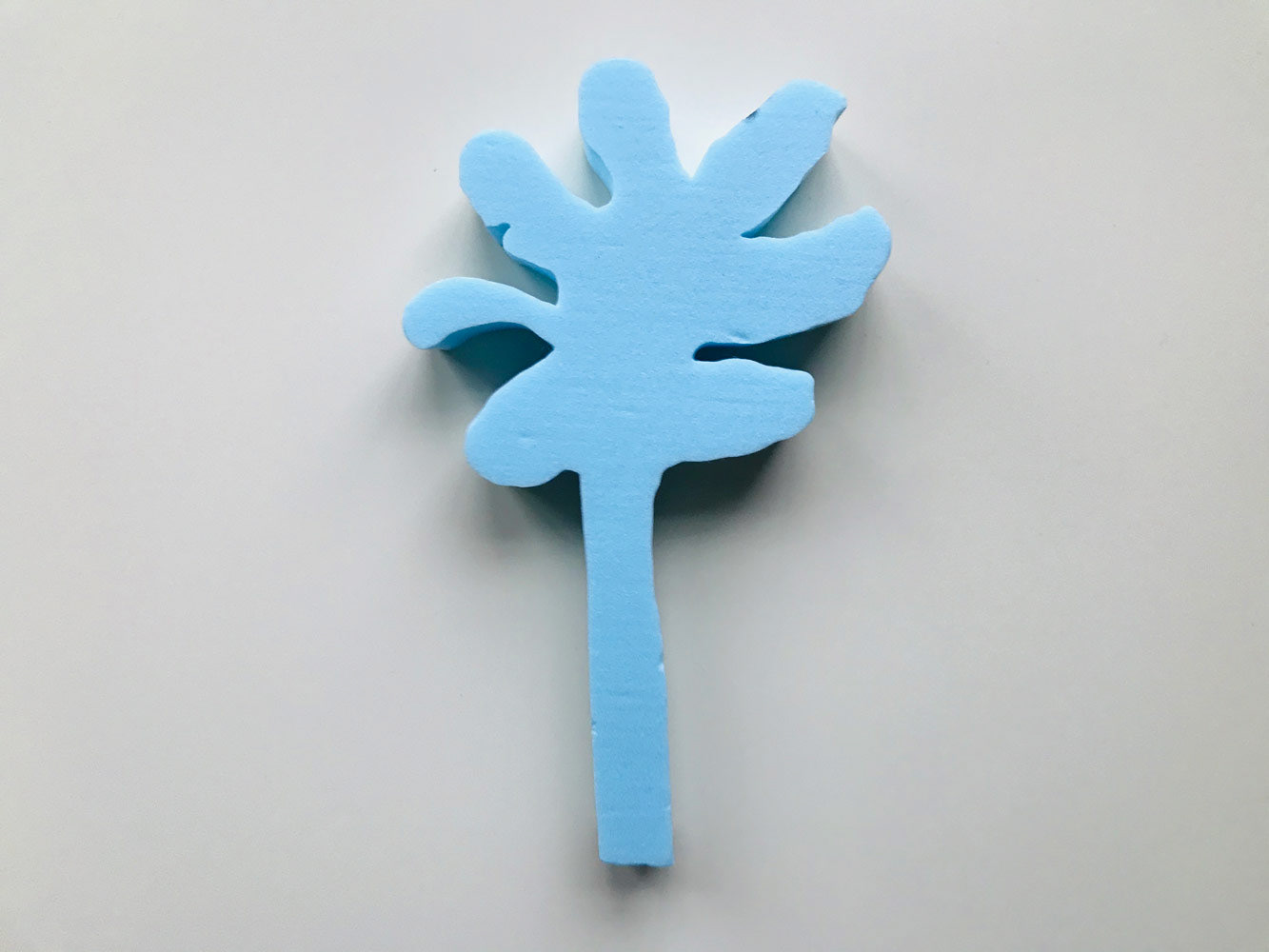
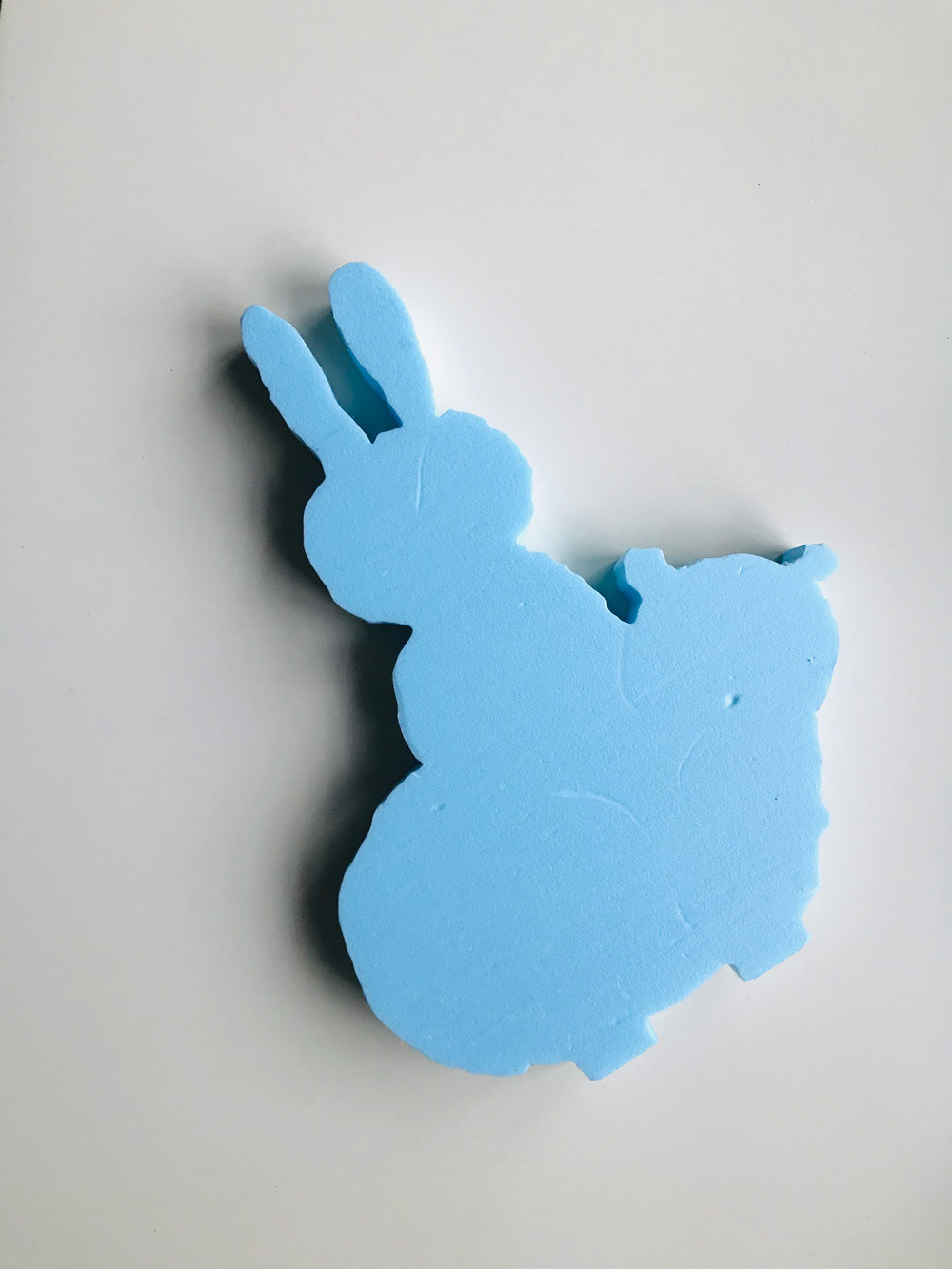
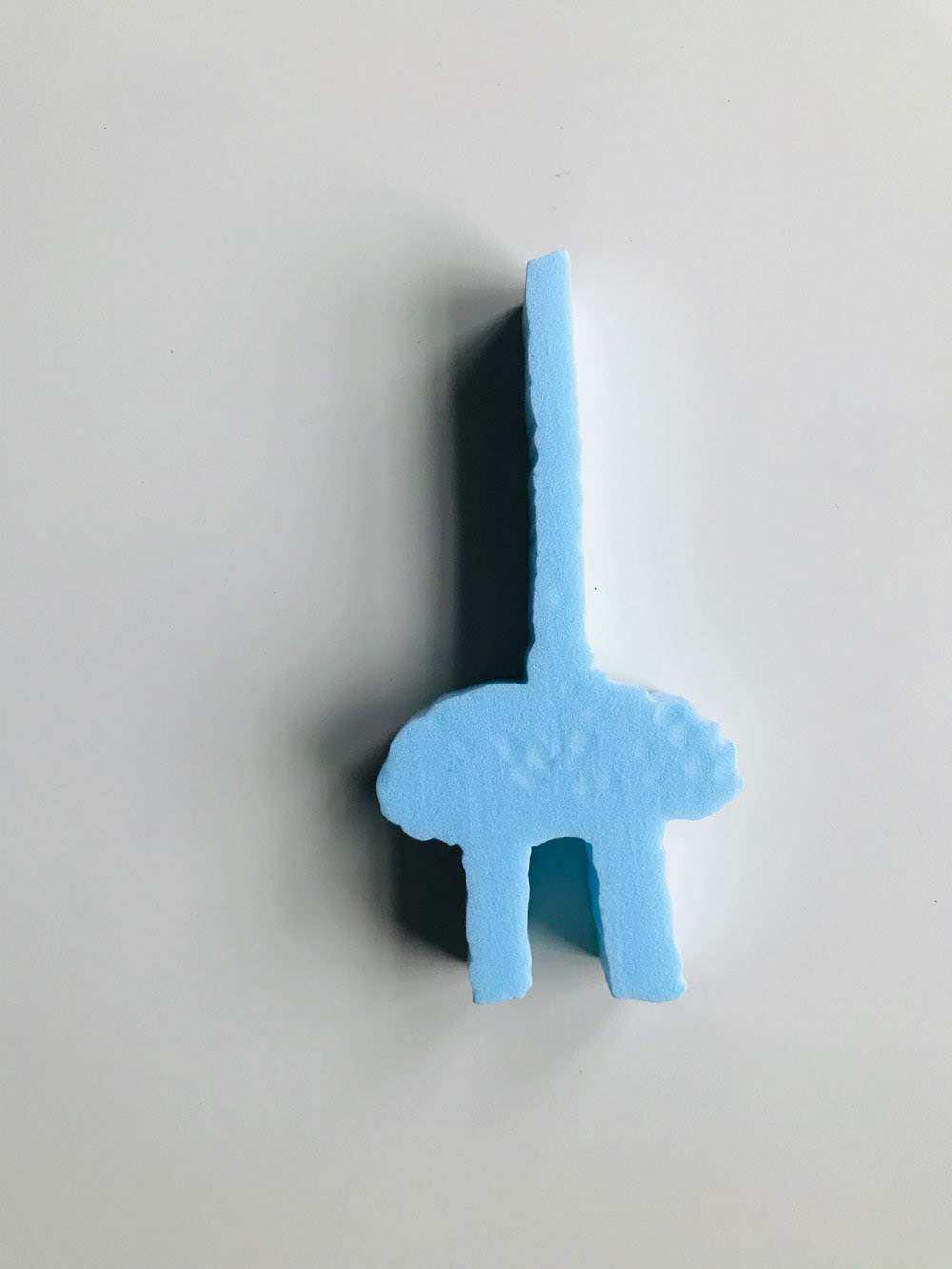
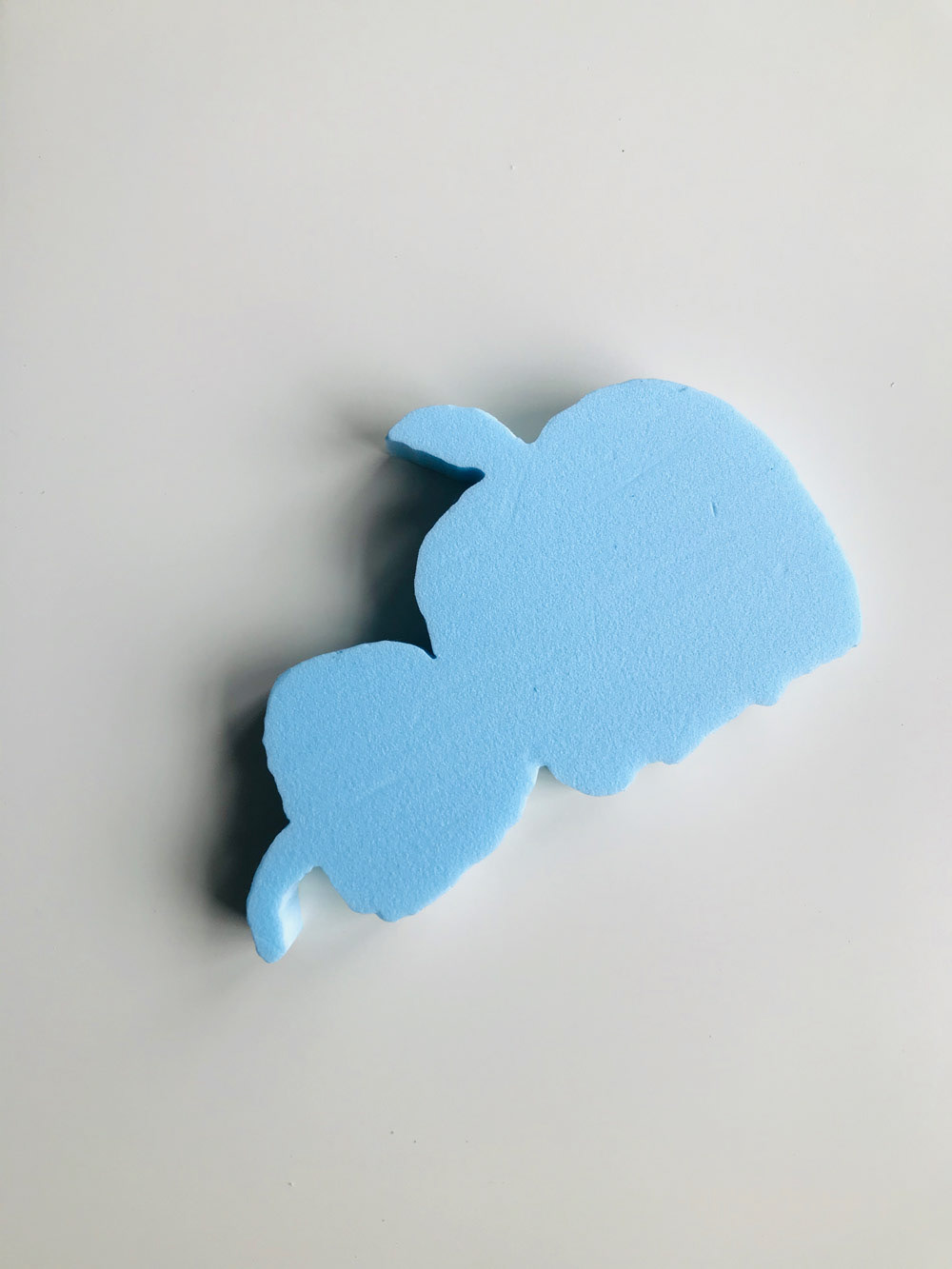
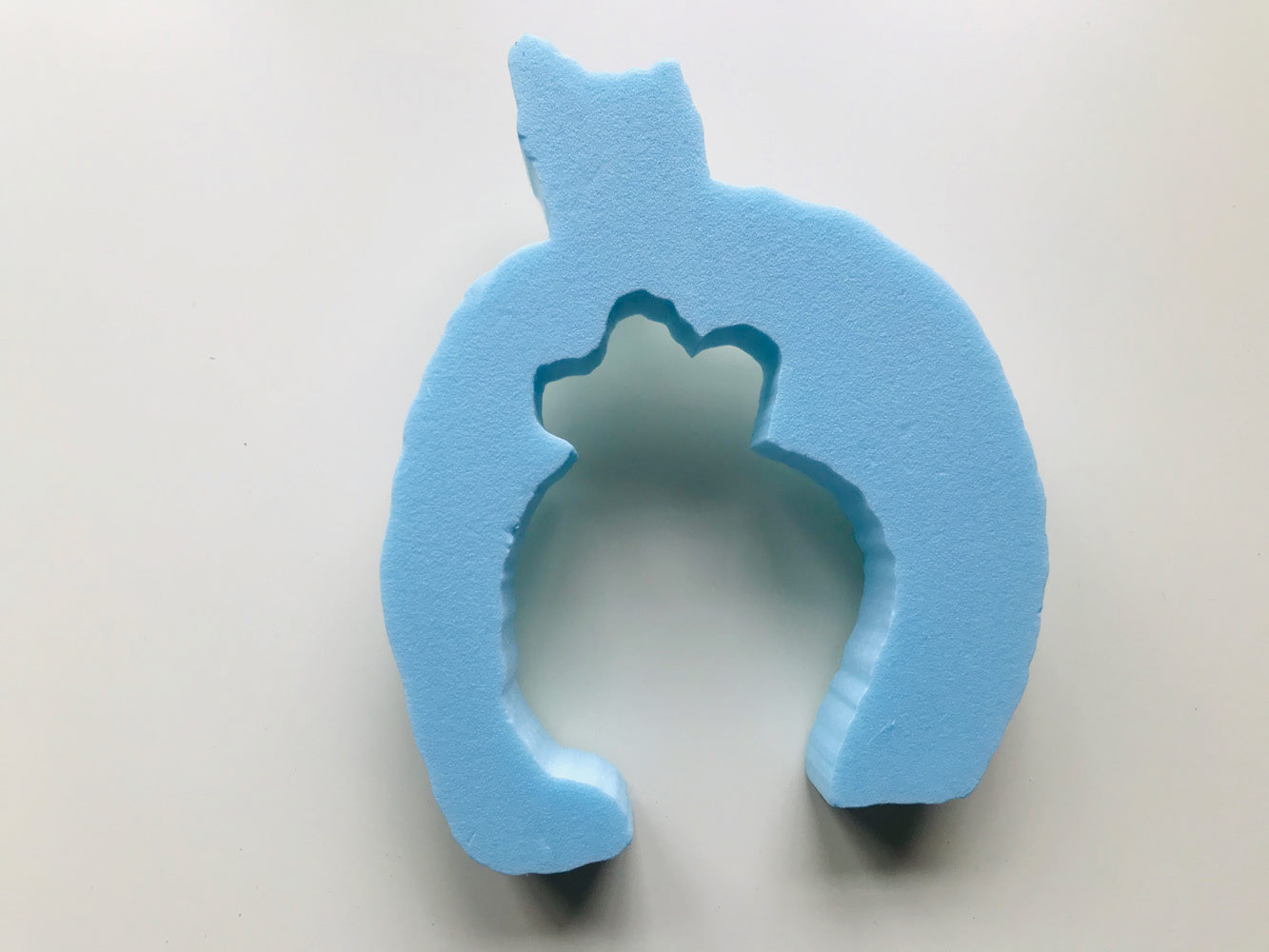
Design for Conversations Through Evocative Objects
Workshop Experience | Building Common Ground


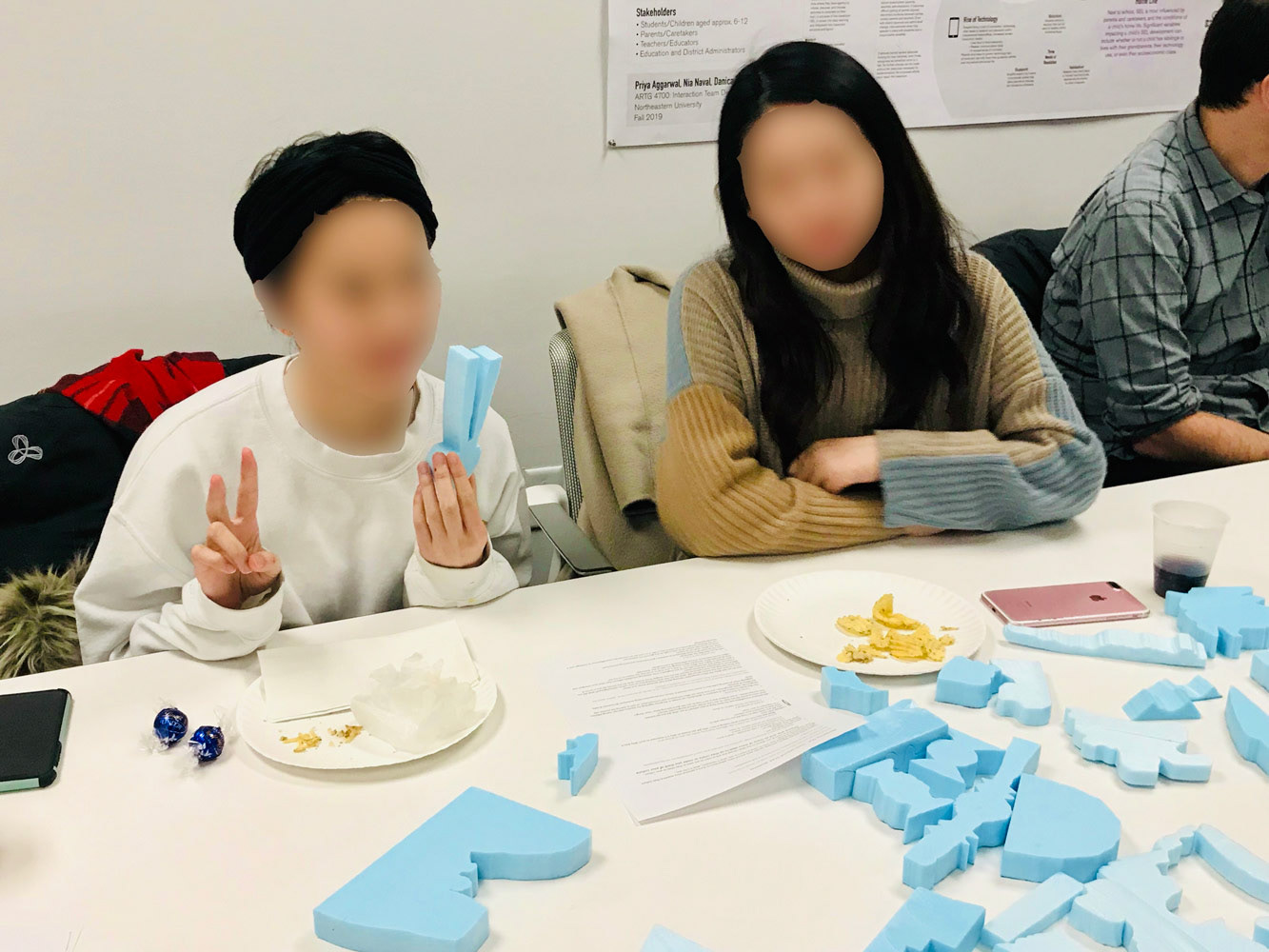
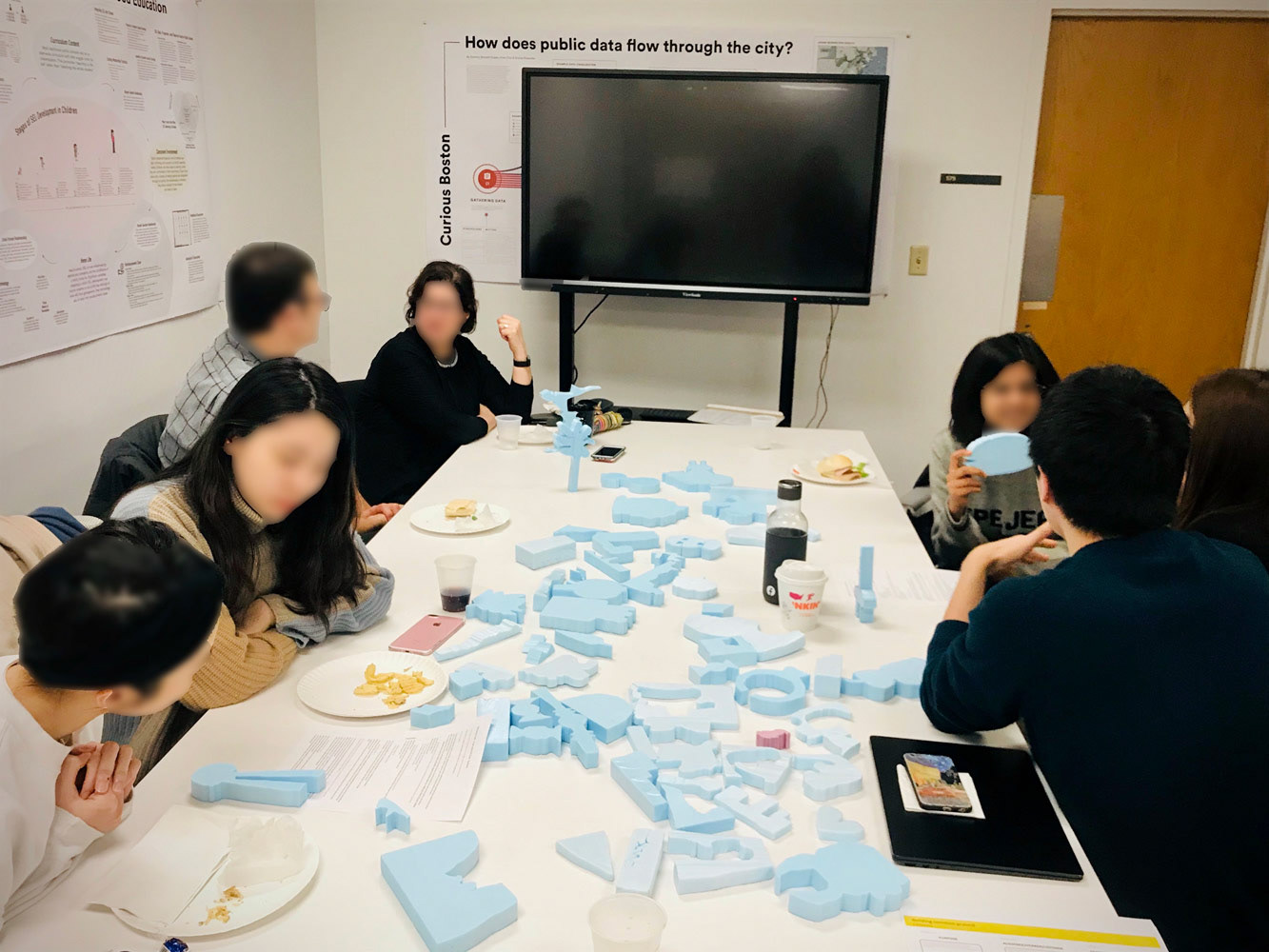
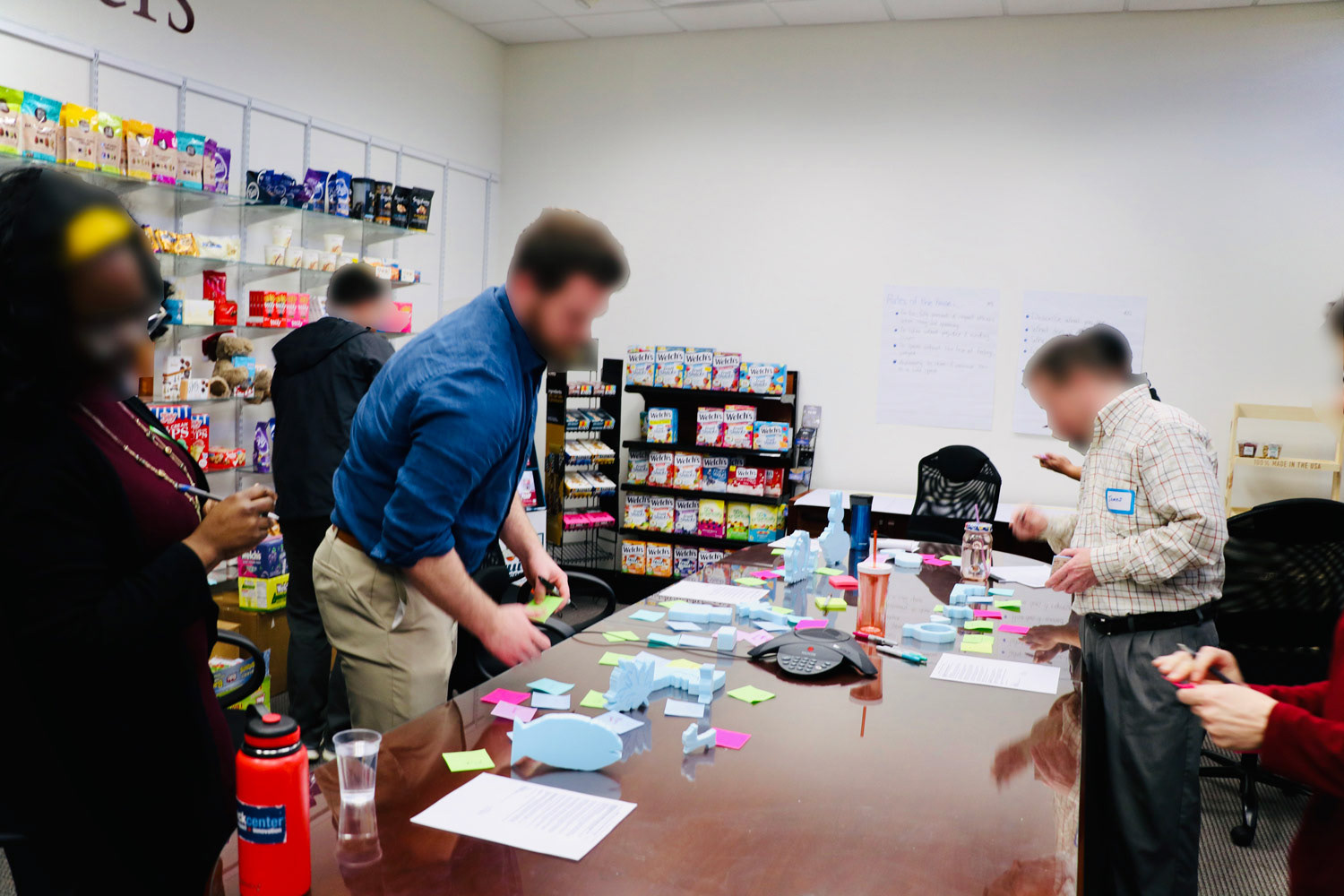

Design approach: Designing workshops and designing for conversations through evocative objects as a mechanism to enhance openness, awareness, and intercultural collaboration
This workshop is rooted in intercultural communication theory, trust-building activities, common ground building techniques, and reliable focused conversation methods. This workshop is aimed to help participants develop techniques for better co-working in intercultural contexts. Participants learn to use evocative objects and focused conversations (Stanfield and Senge, 1997) as an aspect of intercultural conversations. My goal is to direct participants towards openness and awareness of cultural differences, to then build common ground with the workshop activities. The innovative and engaging part about this workshop is the use of facilitative designed objects — informed by user research and cultural probes.
This workshop experience seemed to be an effective design intervention to support openness, intercultural awareness and communication, setting the ground for trust and collaboration to emerge. Designing workshops and designing for intercultural conversations, that incorporate objects as a medium to enhance groups’ openness and awareness, appears to be a way in which teams can begin to embrace diversity and build trust and common ground. Embracing differences among team members and being able to work together toward shared understandings mark an important milestone for reaching team cohesion and collaboration.
Design Process
Inspiration behind the objects


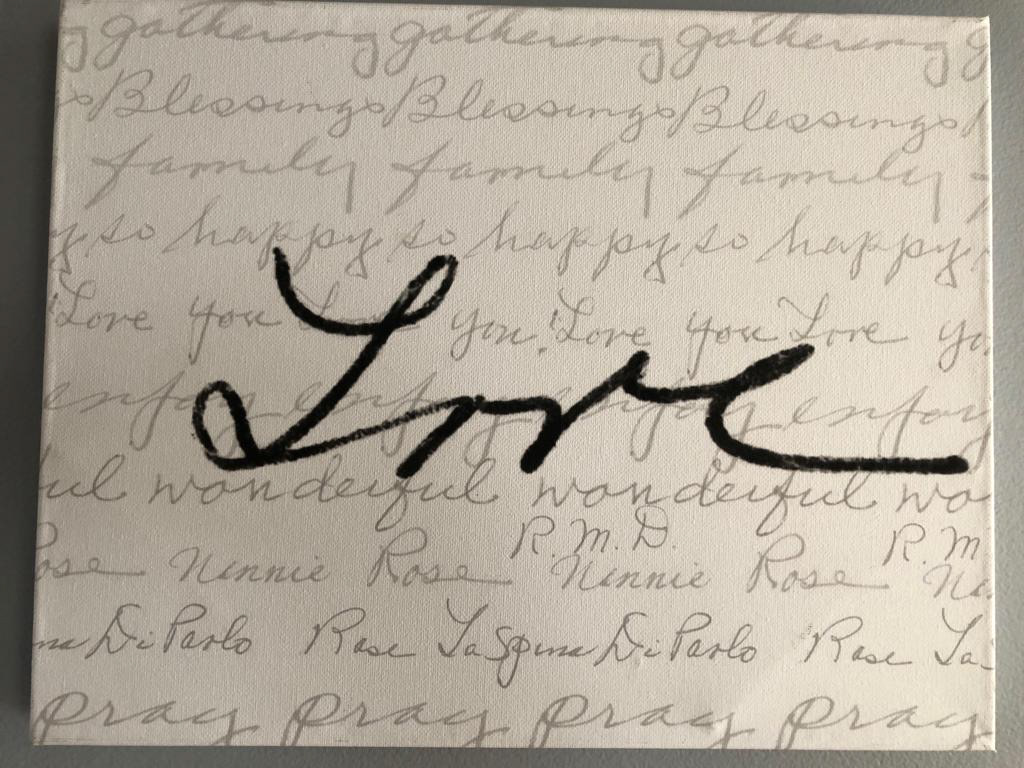
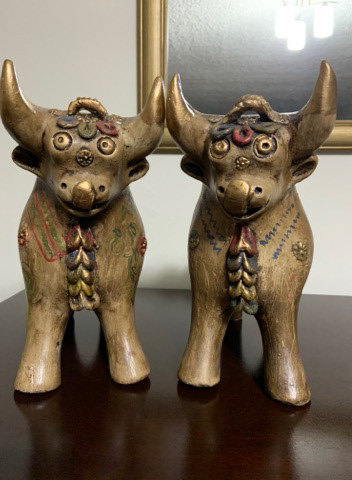


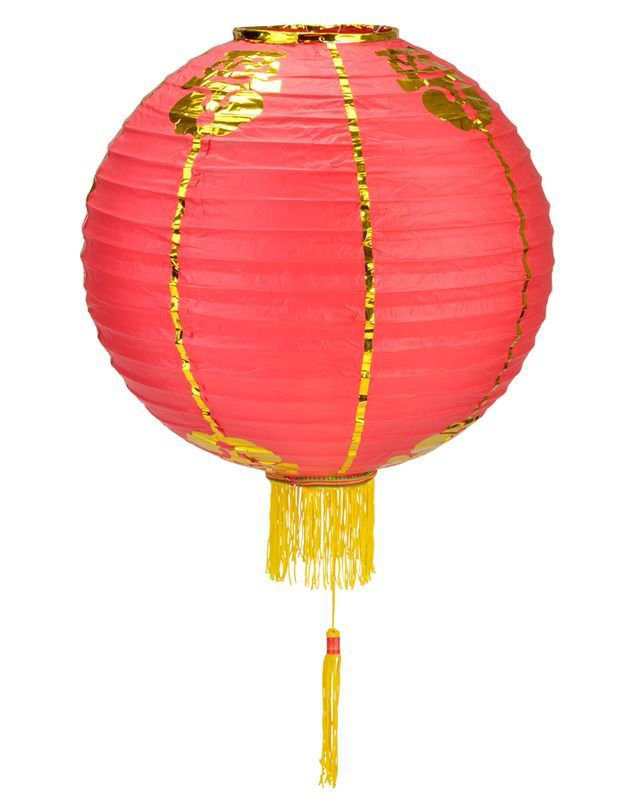

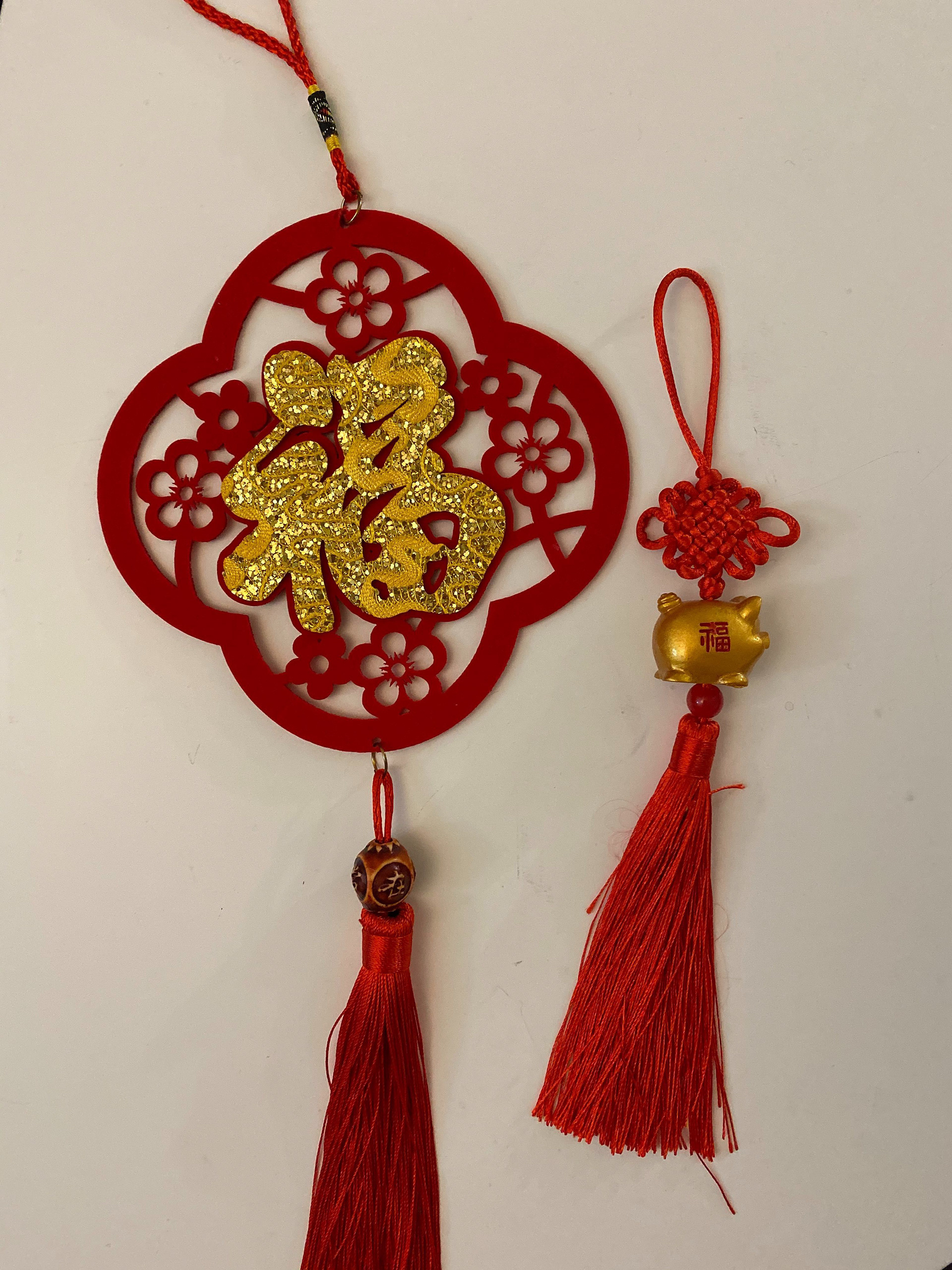
I wanted to explore how designing objects and conversations may play a part in building common ground. My design methodology incorporated research through probes, interviews, ethnographic observation and workshops. From immersing myself in conversations about trust and difficult topics, to exploring different avenues for understanding what people associate to culture in the form of physical objects, I used probes to ask participants to send me pictures of objects that related to their cultures. I received several pictures and learned that my participants’ understanding of “culture” is very broad.
Cultural Probes and Experience Prototypes
Since culture is experienced through our senses (for example: foods through smell and taste, music through hearing) I argue that experiencing aspects of culture can be designed and understood by incorporating sensory artifacts to trigger people’s associations to culture. This gave me inspiration for designing shapes and objects using foam to recreate the objects from the pictures I received. In this particular case, I designed evocative objects to connect with memories as a medium to provoke intercultural conversations.
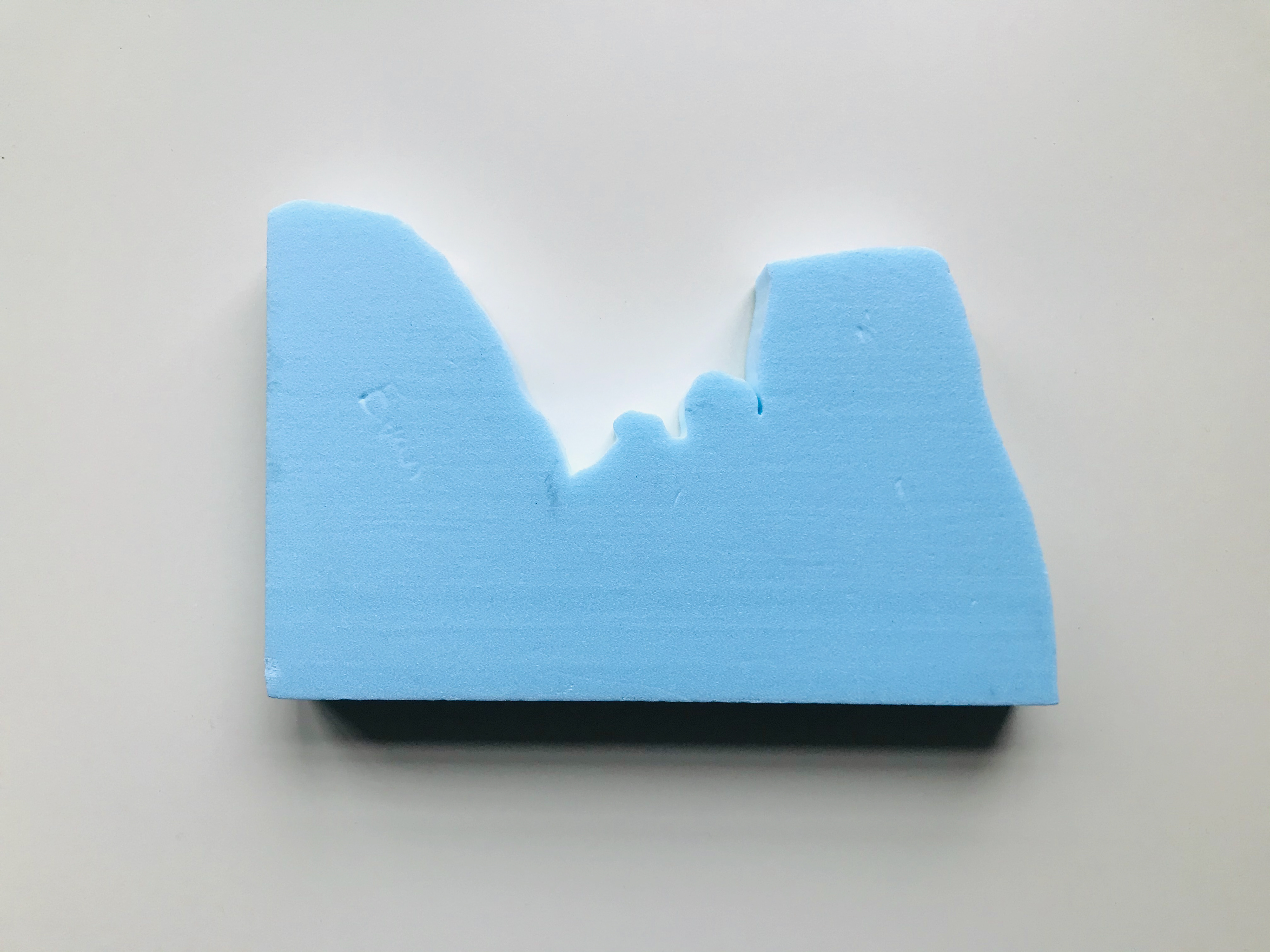
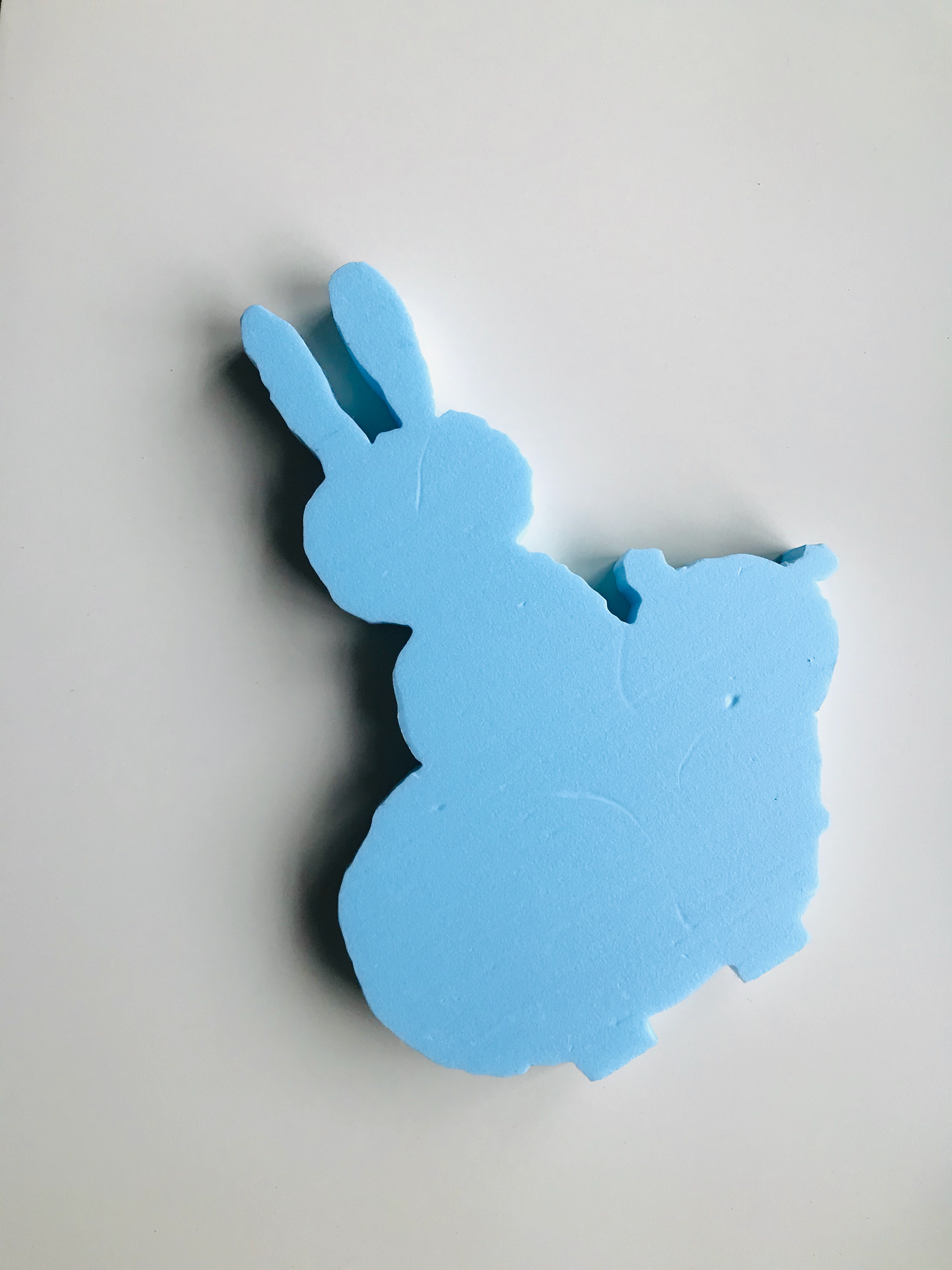
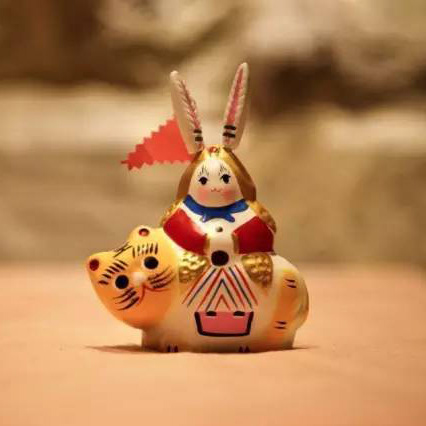
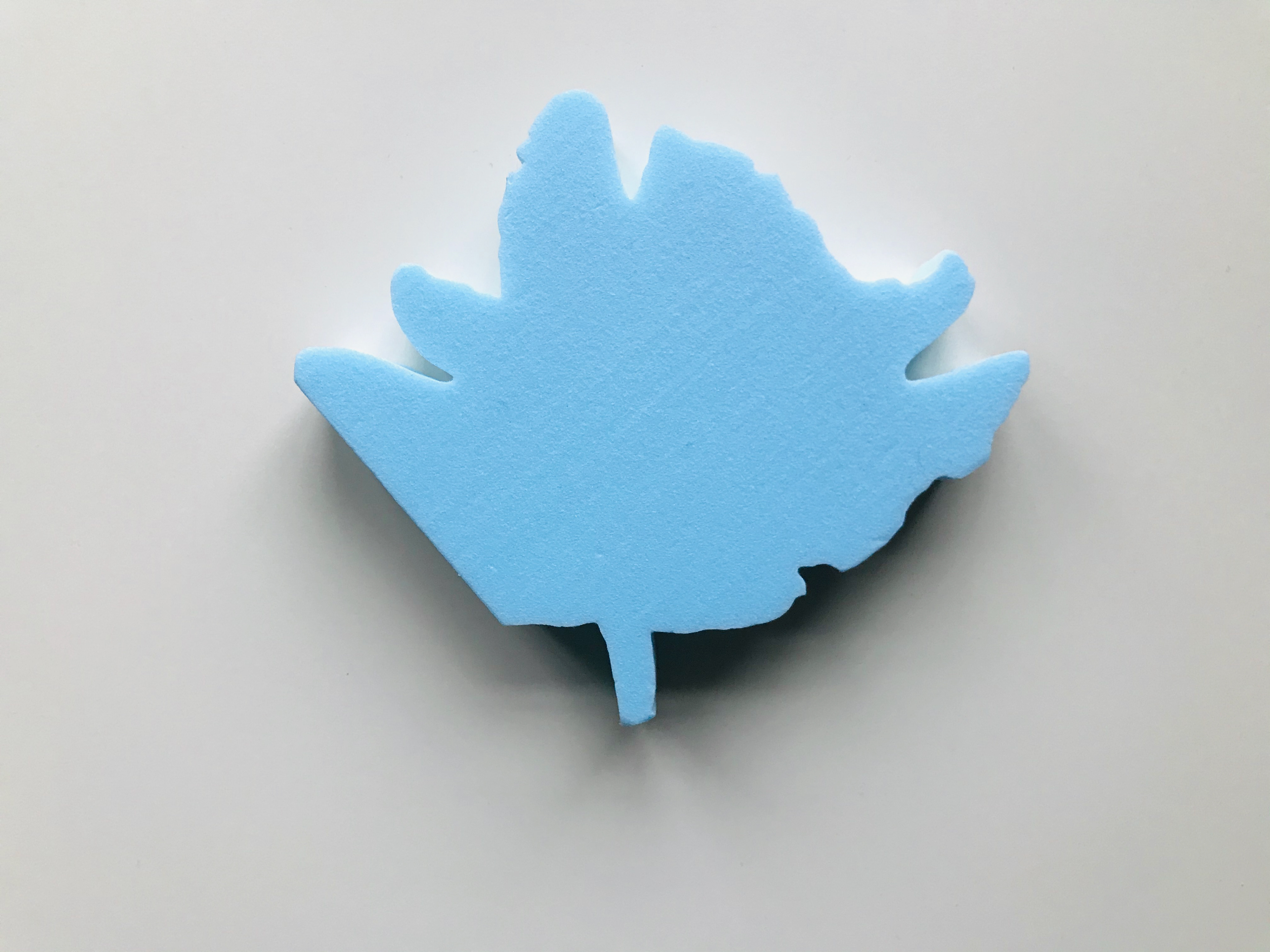

Conclusions
The impact of this design approach could be even greater if we understand how raising awareness through objects and conversations can be extrapolated into other design interventions for employees to embrace different perspectives. This will support teams in future collaborative activities and projects. A diverse yet collaborative team boosts satisfaction, sense of belonging, and happiness, which in turn leads to increased productivity and performance. Collaborative teams, additionally, increase team trust, creativity, decision-making, and problem-solving. All of these characteristics help intercultural teams to reach greater potential. Hence, I argue that this thesis demonstrated that design can play a significant role in improving group performance by facilitating collaboration within diverse teams. Finally, designing workshops, as well as designing for conversations, imply designing flexible environments for people to experience them in a more personal way.
I see the design of workshops and design for conversations as a way of designing for experiences. Because “an experience” is something personal and subjective, designing for experience through workshops and conversations that incorporate evocative objects, becomes an approach for designing stages to encourage autonomy in people’s performances. I believe that the impact and contribution of this design approach shows that we can design environments for people to come together and interact with one another, and with things that can enhance those interactions. Therefore, as enhancers of conversations, workshops, and experiences, designers must embrace ambiguity and uncertainty. We, as designers, must develop the necessary skills to be able to adapt and embrace unplanned situations that may emerge in the context of our design, making sure that what matters is respecting and enhancing the human experience.
Workshop Redesign | COVID 19: Online Environments
Due to the current global pandemic, my team and I had to think of ways to redesign the workshop experience to be able to share it in a virtual setting. Explore the interactive work we presented for this year's Design for Research Society (DRS 2020) conference!
If you want more information about my thesis and this project, please feel free to email me at ciliottachehade.e@northeastern.edu